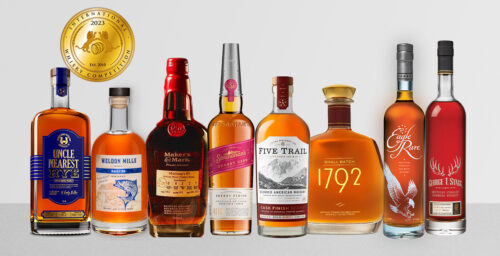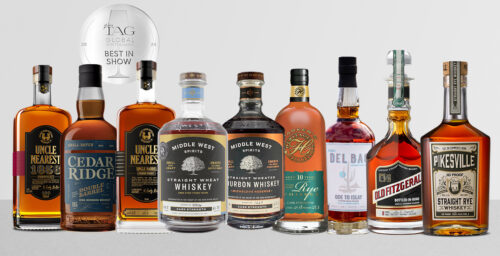Amendments to House Bill 100, passed in 2018, will see restrictions on the amount of bourbon that can be purchased by businesses in Kentucky.
House Bill 439 was approved by the House Licensing, Occupations and Administrative Regulations Committee and will now advance to the full House for consideration.
Sponsored by Rep. Matthew Kich and Rep. Ruth Palumbo, the bill seeks to deal with unintended consequences arising from a previous bill.
House Bill 100 allowed retailers to purchase “vintage spirits” from bourbon owners within the community and sell them for profit. In a state where alcohol sales, and specifically “vintage spirit” sales had long been limited to auctions or illegal secondary market transactions, the new law opened up alcohol sales to the masses, making it much easier to bourbon owners to sell their old, rare, and unopened bottles.
Despite being the home of Bourbon County and Holy Land for bourbon lovers, Kentucky has long been home to temperance movements, owing to its location in the Bible Belt of the United States. Since 2018, when House Bill 100 passed, the alcohol industry in Kentucky has profited hugely from the passing of House Bill 100. Bar, restaurants, and distilleries have stepped up their visitor experiences with bourbon libraries and exclusive tastings.
However, fast-forward to 2024, and the enactment of House Bill 100 has had some unforeseen consequences. For example, many were concerned about the saturation of the market and the appearance of counterfeit bottles.
Under the new bill, sellers (whether they be private individuals or businesses) will need to hold a license that will cost $300 annually. All sales of vintage bourbons will need to be completed in person and at licensed premises. Additionally, buyers will have a limit on how many bottles they can purchase from any one supplier during a 12 month period, with the cap being 24 bottles. Sellers will also have to keep track of any purchases and submit monthly reports to the ABC (Department of Alcoholic Beverage Control).
Anyone found to violate the new regulations could face a Class A misdemeanor or Class D felony depending on any previous violations, and could spend up to a year in prison.
The bill will also give the state permission to confiscate any illegally sold goods and auction them, with profits going to alcohol wellness programs.









